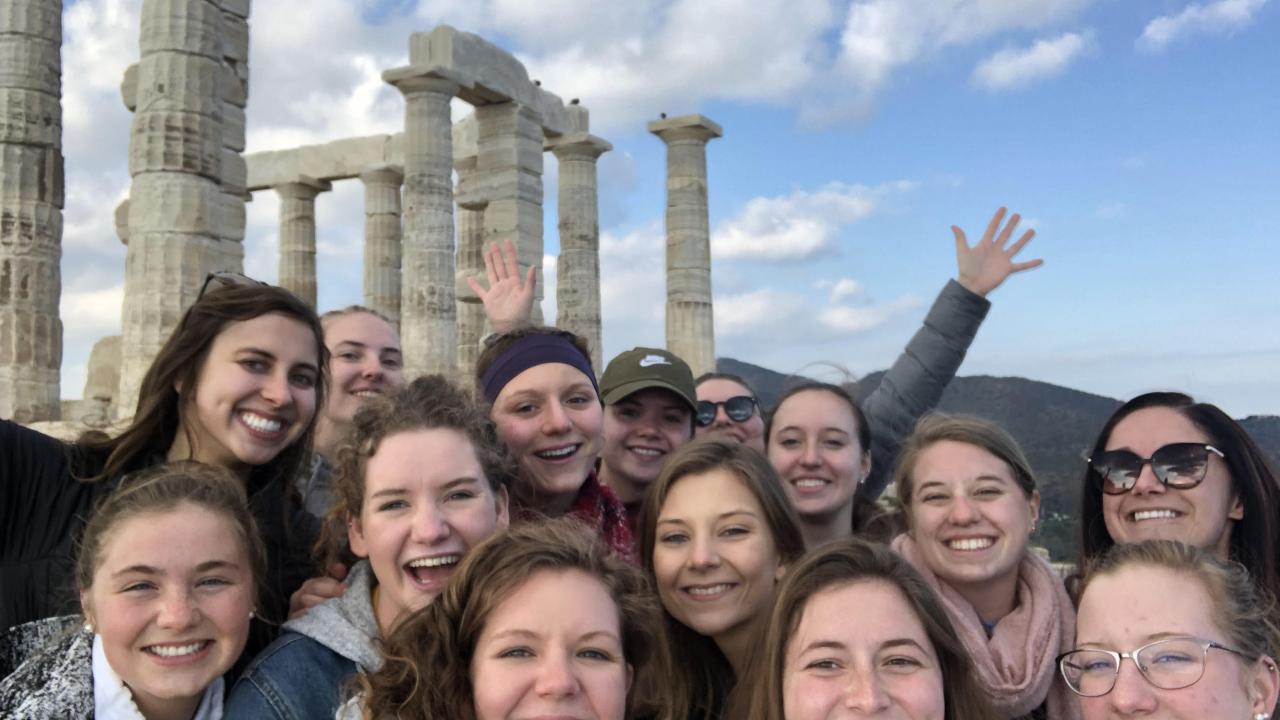Students who study the classical Mediterranean world investigate the foundations of Western civilization, where religious thought, legal codes, drama, literature — even the writing of history itself — took shape.
- Greek is taught with attention to both the biblical and classical context and satisfies seminary prerequisites in the language, and Latin still functions as a valuable adjunct for work in history, religion, English, law and medicine.
- The rigorous challenges of the curriculum provide excellent preparation for many occupations because of the rigorous thinking, writing and communication skills.
